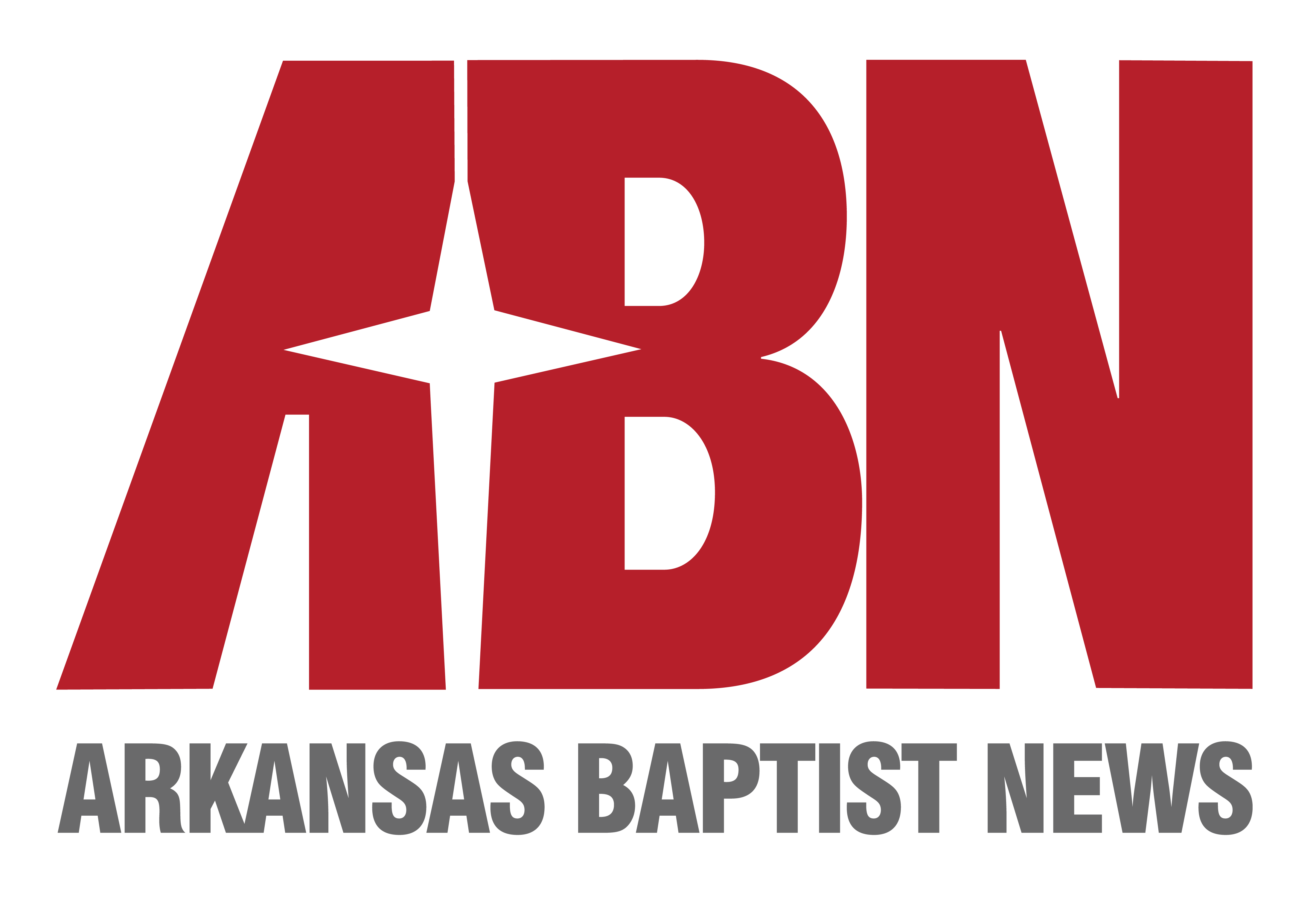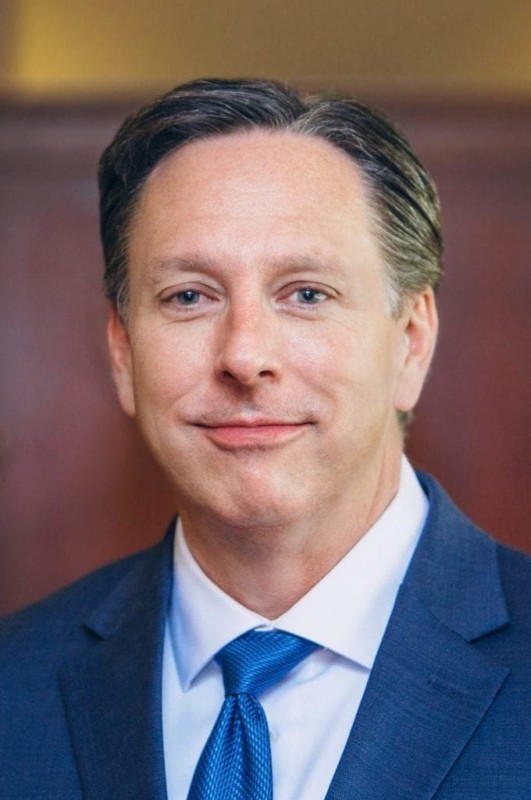One of our long-cherished Baptist beliefs is a doctrine called the priesthood of all believers. This biblical concept teaches that all born-again believers function collectively in their local churches as believer-priests. These believer-priests have the privilege and responsibility to jointly seek and discern the will of God for their corporate mission. Believer-priests also equally share the responsibility to participate in the mission and ministry. Dr. Timothy George, in his essay “The Priesthood of All Believers,” states that the priesthood of all believers means
in the community of saints, God has so tempered the body that we are all priests to each other. We stand before God and intercede for one another, we proclaim God’s Word to one another and celebrate His presence among us in worship, praise, and fellowship. Moreover, our priestly ministry does not terminate upon ourselves. It propels us into the world in service and witness. It constrains us to “shew forth the praises of him who has called [us] out of darkness into his marvelous light” (1 Pet. 2:9).
All followers of Jesus are part of His royal priesthood. The goal of the priesthood is the joint service of believers in their local churches for unified mission in the world.
The priesthood of believers has had an historic, defining value for Baptists and their vision for education. First, Baptists have, almost from inception, believed in the need for trained ministers for service and leadership in local churches. The leaders of the priesthood need to be trained for their calling and duties. Although some groups of Baptists have opposed formal ministerial education, most Baptists have supported efforts to train their pastors to rightly preach God’s word and rightly shepherd God’s people in their Great Commission ministries. Local church pastors and ministers need the best possible training and preparation to lead God’s people. The result of this conviction led to the creation of Baptist schools and seminaries to train ministers for local church ministry.
A second expression that flows from the doctrine of the priesthood of all believers is the conviction that all God’s people – His priesthood – also need to be trained and equipped for ministry in the distinctive vocations where He has placed them. Historically, this commitment has resulted in Baptists creating schools and colleges to train and equip God’s people for Christian service and mission in their respective vocations.
The goal is not simply to provide instruction in education, business, healthcare, technology, etc., to people who also happen to be Christian. Rather, the goal is to equip God’s people – the priesthood – for Christian mission and ministry in education, business, healthcare, technology, and so on. This distinction may seem insignificant to some, but this distinction is profoundly important.
A Baptist vision for higher education should focus upon teaching all God’s people in a way that is biblically grounded, gospel-focused, Christ-honoring, and academically credible. A Baptist vision for higher education must be unashamedly and unapologetically Christian in its expression – preparing all God’s people for Christian service in all vocations. A Baptist understanding for higher education must therefore focus upon training and equipping all God’s people – those in vocational local church ministry and those in vocational marketplace ministry.
Like many of our sister Baptist colleges and universities, we at Williams Baptist University take seriously the doctrine of the priesthood of all believers and its implications for our vision and mission. Part of our historic legacy and our ongoing commitment is to train and equip those God has called to serve as pastors and ministers in local church ministry or other expressions of vocational missions, such as missionaries, evangelists, etc. Another part of our legacy and our ongoing commitment is to train and equip those God has called to serve in marketplace ministry and mission.
We endeavor at Williams to create and provide degree programs that are academically exceptional and distinctively Christian. The desired goal for this commitment is to prepare our sons and daughters not only to excel in their respective vocations, but more so, to be faithful witnesses for Christ in their vocations. In other words, we exist to teach and train Christian leaders for Gospel mission in all spheres of our world. Williams Baptist University exists to equip the priesthood of all believers for ministry in the church and in the marketplace.
Our Baptist education vision to train the priesthood for ministry is as needed as it has ever been. As Baptists, I believe we must continue strategically, passionately, and faithfully to equip our people for service in local church ministry and marketplace ministry. I believe the Bible teaches and commands us to make disciples for Gospel witness in all realms of life. The Great Commission is the foundation for our calling to make disciples. The doctrine of the priesthood of all believers provides us “the who and how” for our disciple-making mission.
I am grateful to serve at a Baptist university where this commitment is embedded in the DNA of our mission. We have a rich, robust legacy of training pastors and ministers for local church ministry, and by God’s grace, we will continue and expand this commitment. Our legacy also includes equipping God’s people for mission and ministry in the marketplace, and by God’s grace, will continue and expand this commitment as well.
The Baptist vision for higher education has focused upon equipping God’s people for service in church and society. The Williams vision for higher education has and will continue to train God’s people to be Williams Way leaders for vocational ministry in the church and for vocational ministry in the marketplace.
That is the Williams Way!

